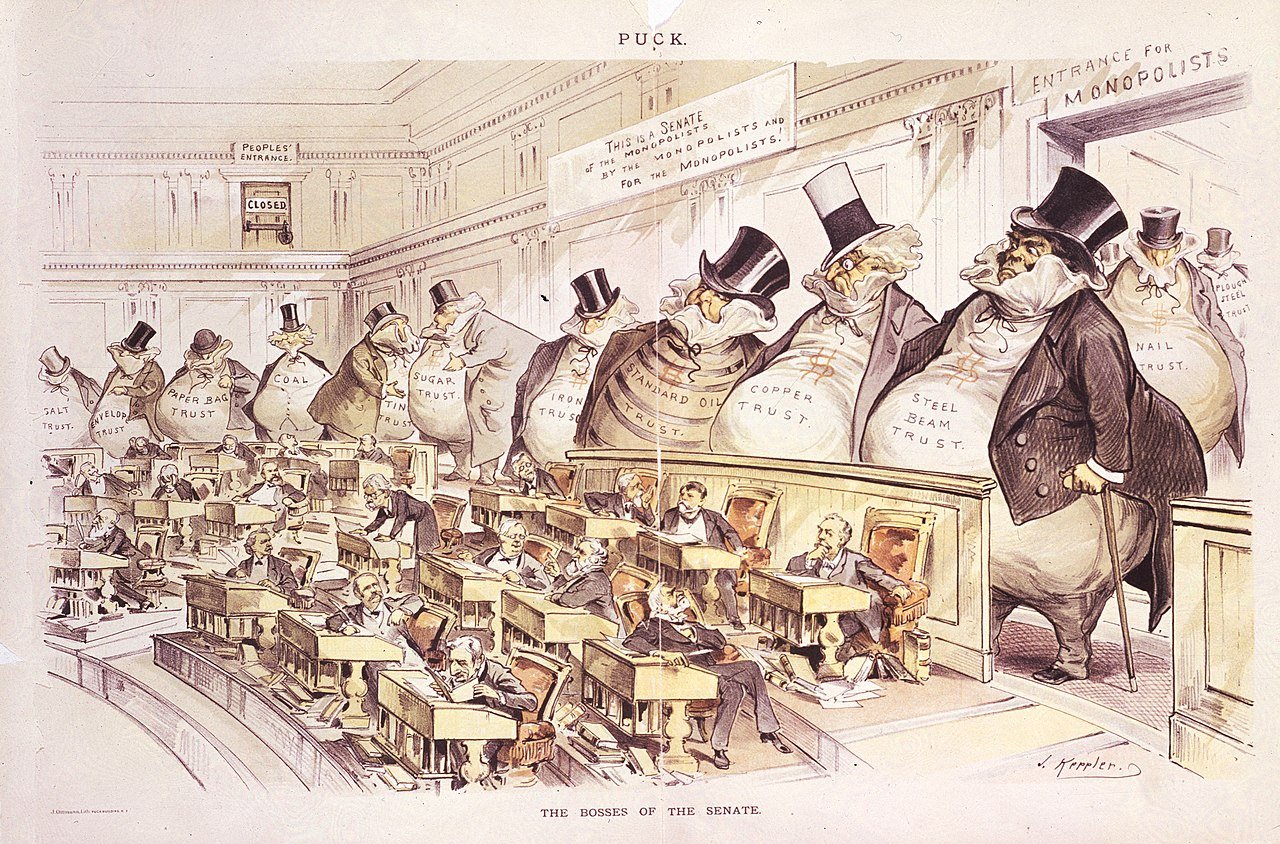In 2024, customer advocacy has emerged as a cornerstone of successful business strategies. As the marketplace continues to evolve, companies are increasingly recognizing that their most valuable assets are their customers. In this context, customer advocacy is not just a buzzword but a vital element that can drive growth, loyalty, and long-term success. Here’s why customer advocacy is more important than ever in 2024.

Consumerism begets consumer advocacy.
Building Trust in a Digital World
The digital landscape has expanded rapidly, bringing with it an overwhelming amount of information. Consumers are bombarded with advertisements, promotions, and marketing messages daily. Amidst this noise, trust has become a rare commodity. Customer advocacy helps bridge this trust gap. When existing customers vouch for a brand, their genuine endorsements resonate more deeply than any marketing campaign. Peer reviews, testimonials, and word-of-mouth recommendations carry significant weight and can influence potential customers’ decisions. In 2024, businesses that prioritize customer advocacy can build a loyal customer base that champions their brand.
Enhancing Customer Experience
The customer journey has become increasingly complex, with multiple touchpoints across various platforms. Companies must deliver a seamless and personalized experience to retain customers. Customer advocacy plays a crucial role in enhancing this experience. Advocates provide valuable feedback that can help businesses identify pain points and areas for improvement. By listening to and acting on this feedback, companies can refine their products, services, and overall customer experience. In turn, satisfied customers are more likely to become advocates themselves, creating a positive feedback loop that drives continuous improvement and customer satisfaction.
Competitive Advantage
In a crowded market, standing out from the competition is essential. Customer advocacy can provide a significant competitive advantage. Businesses that foster strong relationships with their customers and turn them into advocates can differentiate themselves through authentic customer stories and testimonials. These real-life endorsements can be more persuasive than traditional advertising, helping to attract new customers and retain existing ones. Furthermore, customer advocates often provide valuable insights and ideas that can spur innovation and keep the company ahead of industry trends.
Cost-Effective Marketing
Marketing budgets are always under scrutiny, and companies are constantly looking for ways to maximize their return on investment. Customer advocacy is a cost-effective marketing strategy that can yield substantial returns. Instead of spending large sums on advertising campaigns, businesses can leverage the power of their satisfied customers to spread the word. Advocacy programs, such as referral incentives and loyalty rewards, encourage customers to promote the brand to their networks. This organic form of marketing not only saves costs but also enhances credibility and trustworthiness.
Building Community and Brand Loyalty
A strong community of loyal customers is invaluable. Customer advocacy helps build this community by fostering a sense of belonging and engagement. Advocates feel valued and appreciated, which strengthens their emotional connection to the brand. This sense of community can lead to increased brand loyalty, as customers are more likely to stay with a brand they feel connected to. Additionally, advocates often engage with other customers, creating a supportive network that further enhances the overall customer experience.
Navigating the Impact of Social Media
In 2024, social media continues to be a dominant force in shaping consumer behavior and perceptions. Customer advocacy can amplify a brand’s presence on social media platforms. Positive reviews, shares, and endorsements from advocates can reach a wide audience, increasing brand visibility and reputation. Conversely, businesses that neglect customer advocacy risk negative feedback spreading quickly and damaging their reputation. By actively engaging with advocates on social media, companies can harness the power of these platforms to build a positive brand image and attract new customers.
Adapting to Changing Consumer Expectations
Consumer expectations are constantly evolving, and businesses must stay agile to meet these changes. Customer advocacy provides direct insights into what customers value and expect from a brand. By maintaining open lines of communication with advocates, companies can stay attuned to emerging trends and preferences. This proactive approach allows businesses to adapt quickly and remain relevant in a fast-paced market.
Conclusion
In conclusion, customer advocacy is an indispensable strategy for businesses in 2024. It builds trust, enhances the customer experience, provides a competitive edge, offers cost-effective marketing, fosters community and loyalty, leverages social media, and helps companies adapt to changing consumer expectations. By prioritizing customer advocacy, businesses can cultivate a loyal customer base that not only supports their brand but also drives growth and success in an increasingly competitive landscape.


